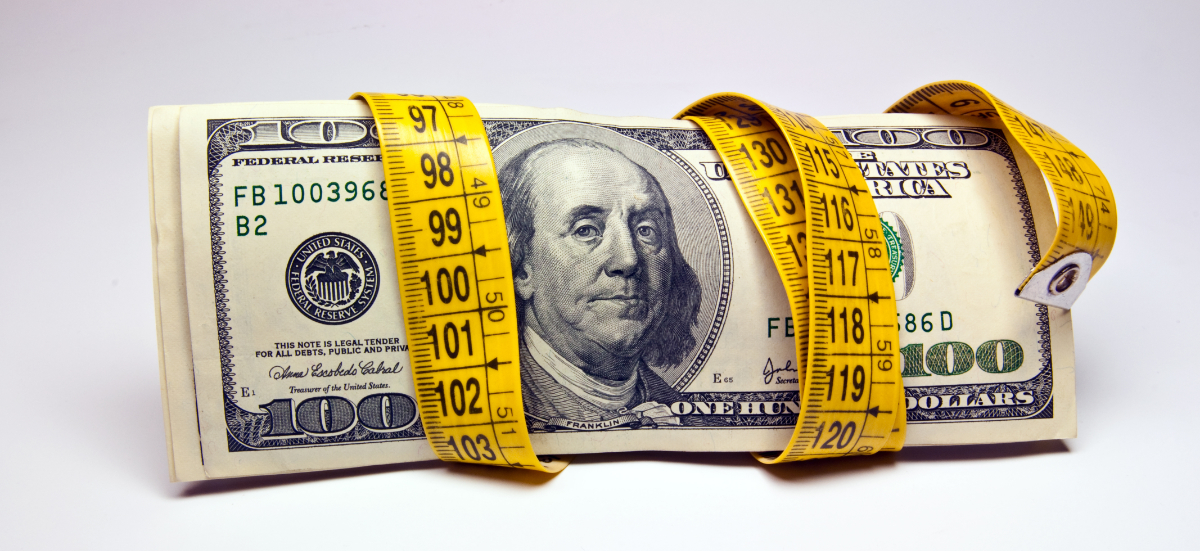Signs that can tip you off.
How many cars and trucks were damaged by floodwaters in 2017? Perhaps as many as a million. Some estimates say as many as 500,000 vehicles were waterlogged in the wake of Hurricane Harvey alone. Were all those cars junked? No. Some are being sold.1
It is not illegal to sell a flood-damaged car. Some auto auctions routinely do, while disclosing that the cars have been soaked. Unethical sellers, however, put these cars on the market with no such admission and scam buyers in the process.1
Water damage can be masked, but not undone. When you shop for a used car, you should look for hints of its impact.
Think about the low points and crevasses where water might collect inside a car’s interior or engine. Look for rust there. (As a start, look for it beneath the gas and brake pedals, as well as beneath where the spare tire sits in the trunk.) On a test drive, watch to see if any components of the car’s circuitry or control systems have shorted out.
Sometimes you can smell mold or must in a car. Either smell can tip you off to damage. The presence of heavy deodorants and air fresheners may be a clue that mold lurks. Mismatched carpet or minor carpet repairs may be a tipoff. New upholstery, new trunk liners, or new truck bed liners may mask damage underneath.
Examine the undercarriage. Remember years ago, when used car shoppers were urged to have a mechanic assess a vehicle they were thinking about buying? This is actually a good way to protect yourself from buying an inundated car.
Looking at the underside of a car allows you a better look at its chassis, brakes and rotors, suspension, fuel pump, fuel filter, oxygen sensor, and wheels. Shady sellers know that a buyer on a lot may look underneath the hood, but never underneath the body.
You can also examine paperwork. Do a title search through CarFax or other online services to see where the car has been geographically, who has owned it, and whether the VIN on the report matches the VIN you see before you. Some crooks will buy waterlogged cars or trucks in one state and move them to another for sale, perhaps also tampering with VINs and mileage readings. They know that certain warnings noted on vehicle records in one state may not be obligated to transfer to another.
Many states have laws requiring automobile sellers to denote water damage – but not all do. Be skeptical of a deal on a used car that seems too good to be true.
This material was prepared by MarketingPro, Inc., and does not necessarily represent the views of the presenting party, nor their affiliates. This information has been derived from sources believed to be accurate. Please note – investing involves risk, and past performance is no guarantee of future results. The publisher is not engaged in rendering legal, accounting or other professional services. If assistance is needed, the reader is advised to engage the services of a competent professional. This information should not be construed as investment, tax or legal advice and may not be relied on for the purpose of avoiding any Federal tax penalty. This is neither a solicitation nor recommendation to purchase or sell any investment or insurance product or service, and should not be relied upon as such. All indices are unmanaged and are not illustrative of any particular investment.
Securities and investment advisory services offered through Geneos Wealth Management, Inc. Member FINRA/SIPC
Citations.
1 – nbcnews.com/storyline/hurricane-harvey/how-steer-clear-buying-flood-damaged-car-n800986 [9/13/17]










